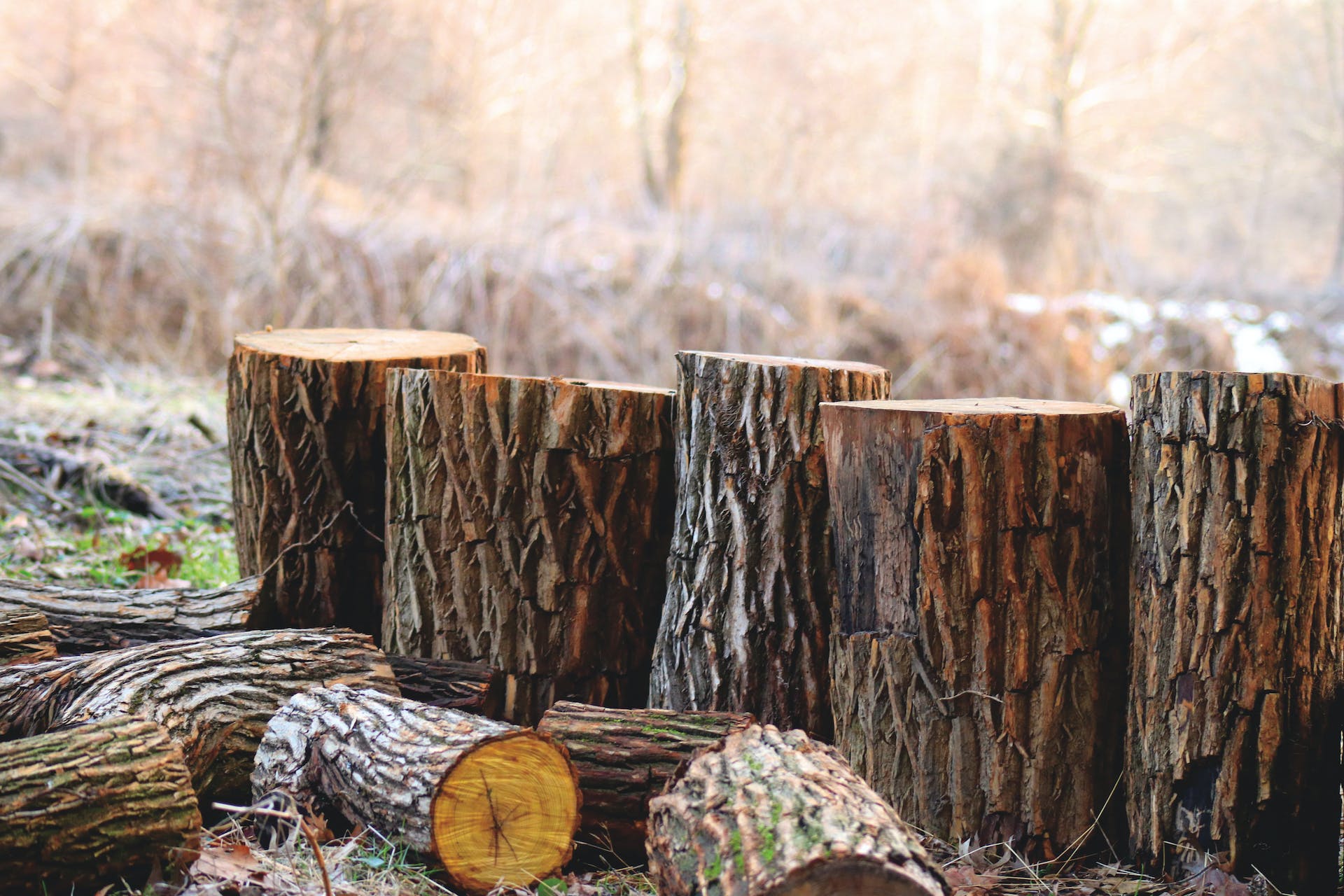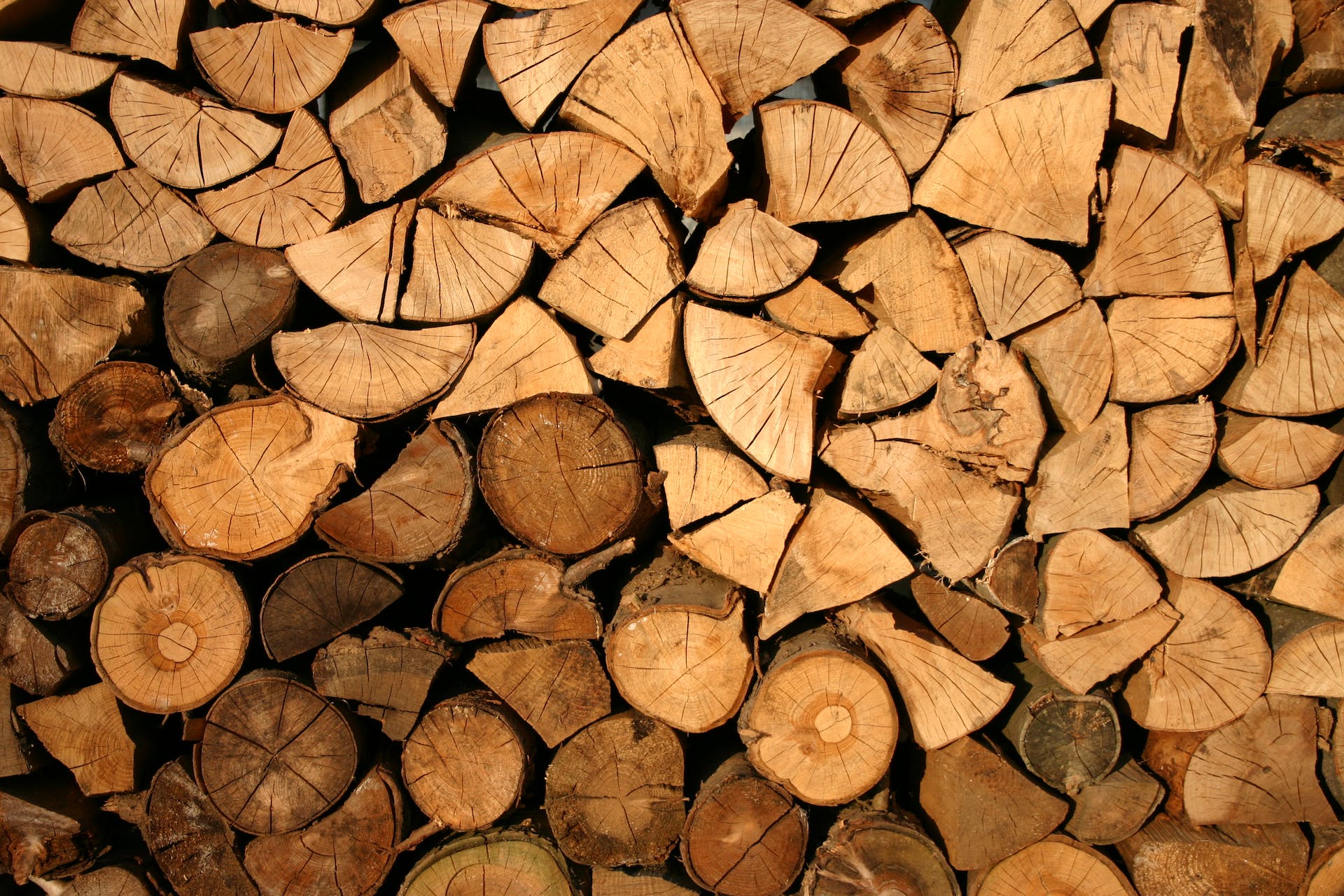You can burn a range of woods on your stove some will be hard others will be softwoods. But what is the difference between them both?
For starters, softwood grows at a faster rate than hardwood. However, hardwood is usually preferred for firewood as it’s denser, produces a higher heat output, and has a longer flame duration. Hardwood is also usually more expensive compared to its softwood counterpart.

Hardwood comes from trees that lose their leaves in the winter, such as ash, beech and oak. They are also slow-growing and take up to 100 years to fully mature, which is a reason for the dense timber. Softwood, as the name implies, is less dense but grows much quicker, sometimes in as little as 25 years. Softwood trees include pine, larch and spruce.
Calorific Values:
Softwood has the same calorific value by weight as hardwood, but as softwood is lighter and not as dense, a great deal more wood is needed for the same heat output. Softwood dries out quicker than hardwood, mainly due to the fact it’s not as dense, so moisture can leave the wood quicker. Softwood is used in a lot of kindling, as it does burn very quickly – ideal when trying to light a fire. A fire built from softwood entirely will light fast and pop and crackle, too, with large flames.
The Science:
Hardwood—This wood comes from angiosperm trees, also called flowering plants, which have seeds enclosed within a sort of ovary. These trees are usually broad-leaved and have vessels that transport water through the wood.
Under a microscope, these vessels appear as pores.
Softwood – This wood comes from gymnosperm trees, which usually have needles and cones. Medullary rays (sheets or ribbons extending vertically through the tree, perpendicular to the growth rings) and tracheids (a type of water-conducting cell) transport water and produce sap.
When viewed under a microscope, softwoods have no visible pores.

So What’s Best?
There is no clear winner here, as both hard and softwood have their advantages and disadvantages, listed below. The best wood for you will depend on your specific circumstances.
Softwood:
+ Burns quickly – Does not burn for long
+ Provides a good heat output – Can produce excessive smoke
+ Drys/seasons quickly – Can split and crackle lots
+ Grows fast
+ Relatively cheap
Hardwood:
+ Provides an excellent heat output – Takes a long time to grow
+ Burns for a long time – Takes a long time to season
+ Produces less smoke than softwood – Is more expensive than softwood








